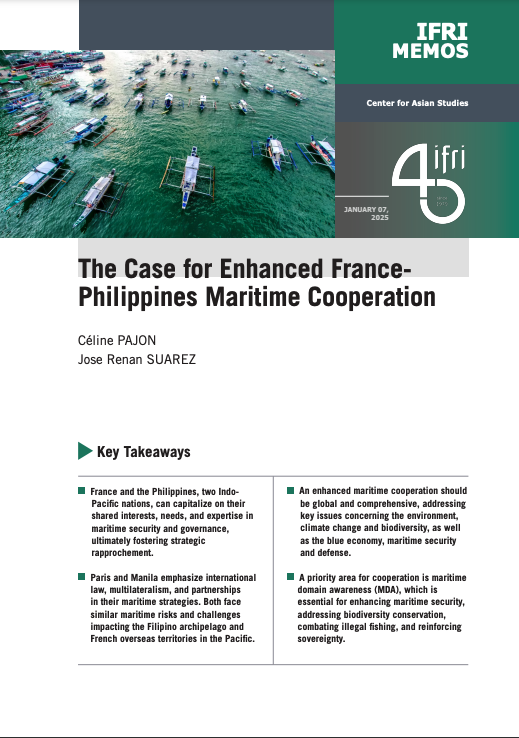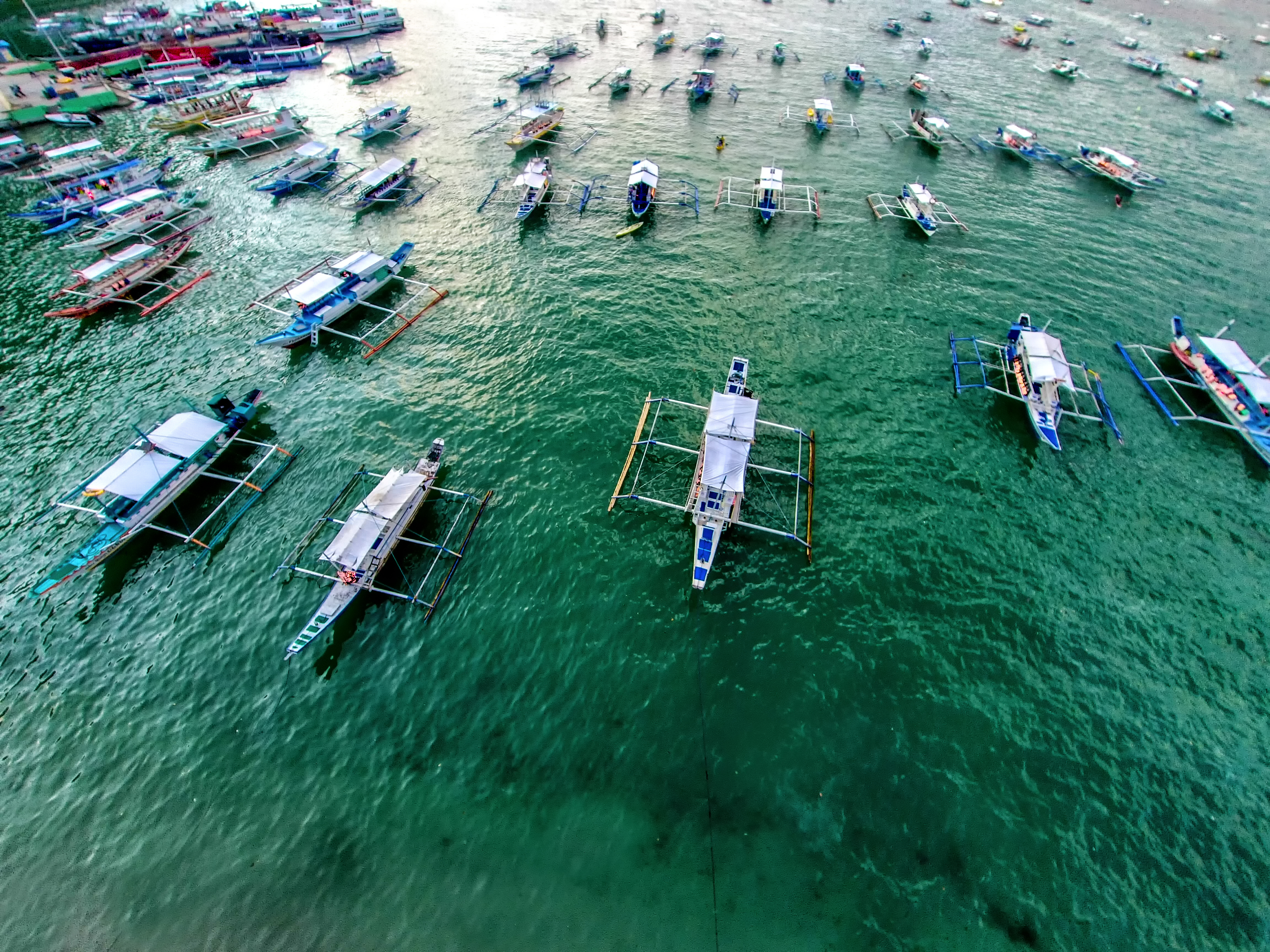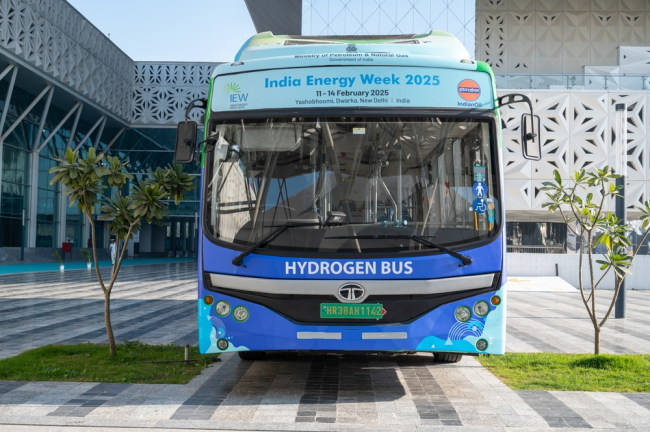The Case for Enhanced France-Philippines Maritime Cooperation

France and the Philippines, two Indo-Pacific nations, can capitalize on their shared interests, needs, and expertise in maritime security and governance, ultimately fostering strategic rapprochement.

France and the Philippines are two Indo-Pacific maritime nations, or “blue nations”. France has the second largest exclusive economic zone (EEZ), 90% of which is in the Indo-Pacific, while the Philippines, an archipelago strategically located at the barycenter of this vast region, has 36,000 km of coastline, ranking sixth in the world. Both nations hold key positions in terms of coral biodiversity, with the Philippines ranking third and France fourth. Moreover, they are crucial players in the fisheries sector, presenting them with shared opportunities and challenges in managing marine resources and maintaining maritime security.
The authors of this memo are making the case to reinforce maritime cooperation between France and the Philippines. Such a cooperation would build on their shared values, such as adherence to the United Nations Convention on the Law of the Sea (UNCLOS), a commitment to freedom of navigation, and support for a multilateral rules-based international order. The purpose of this paper is to outline the strategic rationale and explore operational areas where both countries can align and cooperate. This is timely, as France will host the third UN Ocean Conference in Nice in June 2025.

Available in:
Themes and regions
ISBN / ISSN
Share
Download the full analysis
This page contains only a summary of our work. If you would like to have access to all the information from our research on the subject, you can download the full version in PDF format.
The Case for Enhanced France-Philippines Maritime Cooperation
Related centers and programs
Discover our other research centers and programsFind out more
Discover all our analysesIndia’s Green Hydrogen Strategy in Action: Policy Actions, Market Insights, and Global Opportunities
India is poised to remain the world’s fastest-growing major economy, and this rapid growth is driving a sharp rise in energy demand. As the most populous country on the planet, India urgently needs to decarbonize its energy systems.

RAMSES 2024. A World to Be Remade
For its 42nd edition, RAMSES 2024 identifies three major challenges for 2024.

France and the Philippines should anchor their maritime partnership
With shared interests in promoting international law and sustainable development, France and the Philippines should strengthen their maritime cooperation in the Indo-Pacific. Through bilateral agreements, expanded joint exercises and the exchange of best practices, both nations can enhance maritime domain awareness, counter security threats and develop blue economy initiatives. This deeper collaboration would reinforce stability and environmental stewardship across the region.

The China-led AIIB, a geopolitical tool?
The establishment of the Asian Infrastructure Investment Bank (AIIB) in 2016, on a Chinese initiative, constituted an attempt to bridge the gap in infrastructure financing in Asia. However, it was also perceived in the West as a potential vehicle for China’s geostrategic agendas, fueling the suspicion that the institution might compete rather than align with existing multilateral development banks (MDBs) and impose its own standards.








